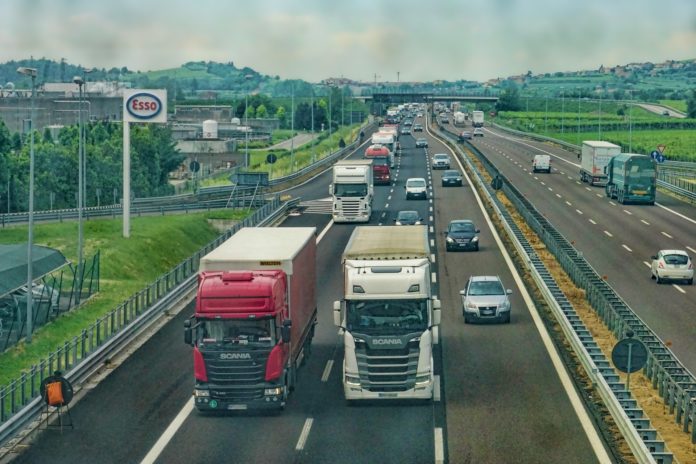Owning and managing a fleet of trucks is not an easy task, but it can be a very profitable business nonetheless. However, that’s only true only if you can avoid the common mistakes, which new businesses in the field are often found to be guilty of.
Wasting Money on Oversized Vehicles
A common error is to buy bigger trucks than you need to. If there is plenty of room left over, even after getting in all the cargo you need to fit in for each delivery, you are losing money both in fuel costs and the initial costs associated with buying the trucks.
However, if your business has chosen to hire a fleet of delivery trucks, then you can hand these back for a smaller sizer variant. A good place to start comparing the best hire deals is on icompario.com which can help you find the best vehicles for your fleet. As we know, making profits in the cargo business is all about proper estimations and getting the logistics on point.
In case you have already bought bigger trucks than you should have for the amount of cargo you are expecting to handle, see if switching over to smaller, more fuel-efficient trucks is a possibility. If it isn’t, then you will need to rework the logistics, and carry more cargo than you originally planned to.
Overloading Trucks and Trailers
In sharp contrast to the mistake mentioned above, this one obviously involves stuffing too much into your trucks. This mistake is so common that even some of the more experienced businesses are doing it on a continuous basis even today. Take note of the following to know how and why it’s a bad idea to overload your trucks beyond the suggested payload.
- It’s a road safety hazard for your drivers and everyone else on the road, as it interferes with the vehicle’s originally engineered balance
- Excess loads on a regular basis will wear out your trucks much faster and the regular expenses for maintenance will be significantly higher as a result
Losing Money on DVIR Fines
It is estimated by the FMCSA that over 9,000 injuries and 14,000 crashes were avoided because of commercial vehicle roadside inspection programs implemented by them.
While that is good news for everyone on the streets, it also means that your fleet cannot possibly ignore DVIR compliance under any circumstances, both for the sake of road safety, and the success of your business.
EnVue Telematics points out that commercial fleet owners lose as much as $861 per vehicle when it is non-DVIR compliant. Shockingly enough, this is a figure which isn’t even inclusive of the fines that they have to pay if any of the trucks in their fleet are caught during the aforementioned roadside inspections. EnVue Telematics has detailed statistical info in relation to DVIR compliance, and also offers services that will help you avoid this particularly damaging mistake.
Sometimes, things will, unfortunately, happen beyond your control, because there are so many external elements at play in this business. Which is all the more reason to minimize mistakes from your end by as much as possible. There will always be a learning curve to starting a new business in any field, but by avoiding the mistakes we discussed here today, you will be able to make that curve a little less steep.




































